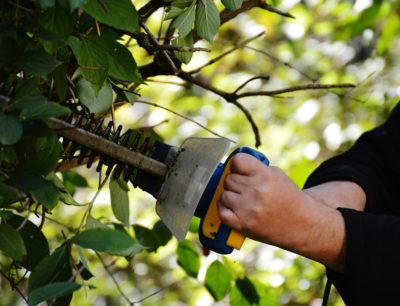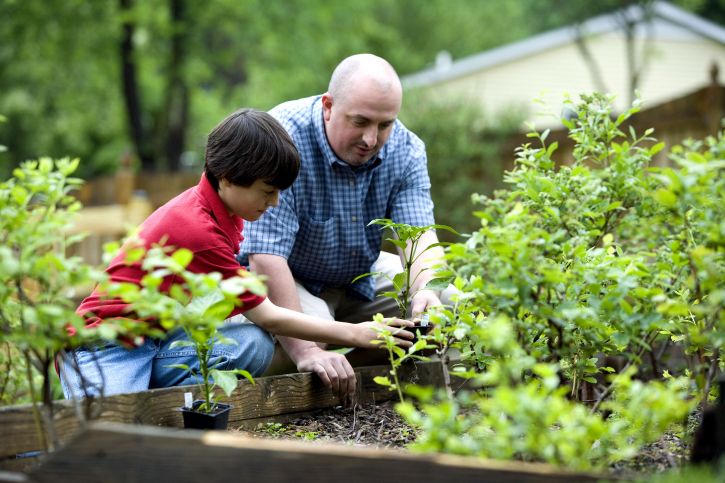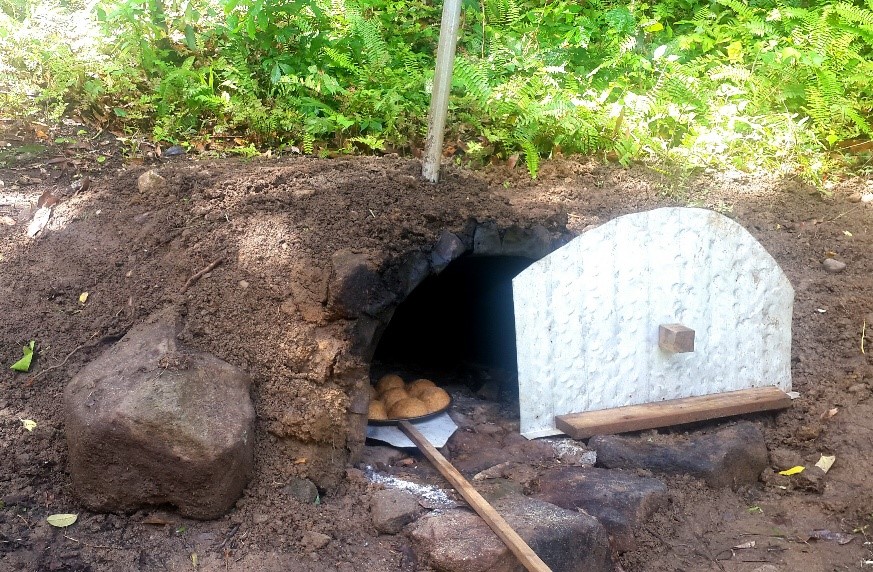As a rule, I have found that most homesteaders, survivalists and off-grid types are self-reliant people by nature. You have to be. After all, it is self-reliance that is at the very foundation of your lifestyle choice. Arguably, it is the deciding factor in whether or not you are successful at it as well.
But although many people may equate a large stockpile of supplies and a solar panel array with self-reliance, the concept goes far deeper than that. If we look at it carefully, self-reliance is far more psychological than material. It is a matter of the mind and heart as well as one’s physical circumstances and surroundings.
And it is far more powerful than any material possession.
Beyond Confidence
Self-reliance is defined by the Merriam-Webster dictionary as “the reliance on one’s own efforts and abilities.”
If you were to ask the general public what it means to have a self-reliant mindset, most would likely use terms like “confident” or “capable.” And while those are important, they do not truly capture what self-reliance is all about.
Get 60 Percent More Portable Power With The New Pocket Power X!
Self-reliance is a conviction — a conviction in your beliefs that you possess the skills, capabilities and resources (mental and physical), to make it on your own. You don’t “think” you can come through when tested. You simply know.
“This type of conviction is usually forged in the fires of experience and means you have been tested and came out victorious,” psychologist William Mena told me. It goes on to state, “It is not something that the mind can put together from academically pursuing a skill or mental manipulations like positive thinking. You must be tested.”
Not Disconnection
The typical viewpoint in the Western world is that the self-reliant person is a bit of a loner. Capable and even preferring isolation, he or she shuns the ties that bind and becomes the archetypal “Marlboro Man,” relying on no one.
But this is really not the case. In fact, self-reliance and maintaining and enjoying a strong social network go hand in hand. Even the most remotely located homesteader is more likely than not to have a handful or more of “neighbors” who all work together during certain situations or times of need. Self-reliance does not mean standing alone — it simply means that you could and regularly do. Human beings are socially inclined and naturally work together toward common welfare and goals. This shouldn’t be ignored in our efforts to become self-reliant.
 John Montgomery, an adjunct assistant psychology professor at New York University, furthers this idea by pointing to our hunter-gatherer ancestors. He wrote, “Human beings are designed biologically almost exclusively for the hunter-gatherer lifestyle. Hunter-gatherers generally travel in small bands of roughly twenty-five to forty people, and survive by hunting wild animals, and gathering wild fruits, vegetables, nuts, and other occasional delicacies, such as eggs or honey. … There was simply no other way to make a living.”
John Montgomery, an adjunct assistant psychology professor at New York University, furthers this idea by pointing to our hunter-gatherer ancestors. He wrote, “Human beings are designed biologically almost exclusively for the hunter-gatherer lifestyle. Hunter-gatherers generally travel in small bands of roughly twenty-five to forty people, and survive by hunting wild animals, and gathering wild fruits, vegetables, nuts, and other occasional delicacies, such as eggs or honey. … There was simply no other way to make a living.”
The 30-Second Self-Reliant Quiz
Most of us recognize that with greater levels of self-reliance come an increased confidence and sense of security. After all, you simply know that if everything and everyone fails you, you always have yourself to fall back on.
In order to ascertain your level of self-reliance, you need only look at your own behavior. Consider the following questions and answer them as honestly as you can in our self-reliant quiz. Mena says the answers can be quite revealing.
1. Do you often find yourself bragging about your capabilities, skills or accomplishments?
If you answered “yes” to this, you may want to work on your self-reliance a bit. Mena says that “people who possess great self-confidence and are self-reliant tend not to feel the need to display it to the world. They are the quiet ones who listen more than they speak.”
Plant A Full Acre Of Food With This Emergency Seed Bank!
This means that self-reliant people do not require the approval or adulation of others to confirm their own capabilities. If you find yourself looking to others for a nod of approval in order to feel confident, you have some work to do.
2. Are you often hard on yourself? Are you your own worst critic?
Again, if you answered “yes,” it indicates that you likely aren’t overly fond of yourself and hence, not OK with who you are. Self-reliant people tend to be their own best friends and supporters. They are not cocky, nor do they see themselves as perfect. But they do celebrate what is great about themselves and are, on average, quite self-accepting.
Self-acceptance equals self-confidence.
3. Do you often blame other people (secretly or overtly) for your misfortunes?
If this is the case, then you are not taking enough responsibility for the results in your life. “You often see yourself as a leaf in the wind.” Mena said. “You are either in control or not. Not just when it works out in your favor.”
Firmly embrace full responsibility for your life and the conditions you find yourself in. With that one simple change of perspective, you will open up a whole new world of potential.
In the end, it is worth remembering that self-reliance is a trait that can be developed and cultivated by anyone. Expand your skills, work outside your comfort zone, and start stacking up some personal victories and you will be well on your way to developing this game-changing frame of mind.
What do you think? Share your thoughts in the section below:
Learn How To ‘Live Off The Land’ With Just Your Gun. Read More Here.










